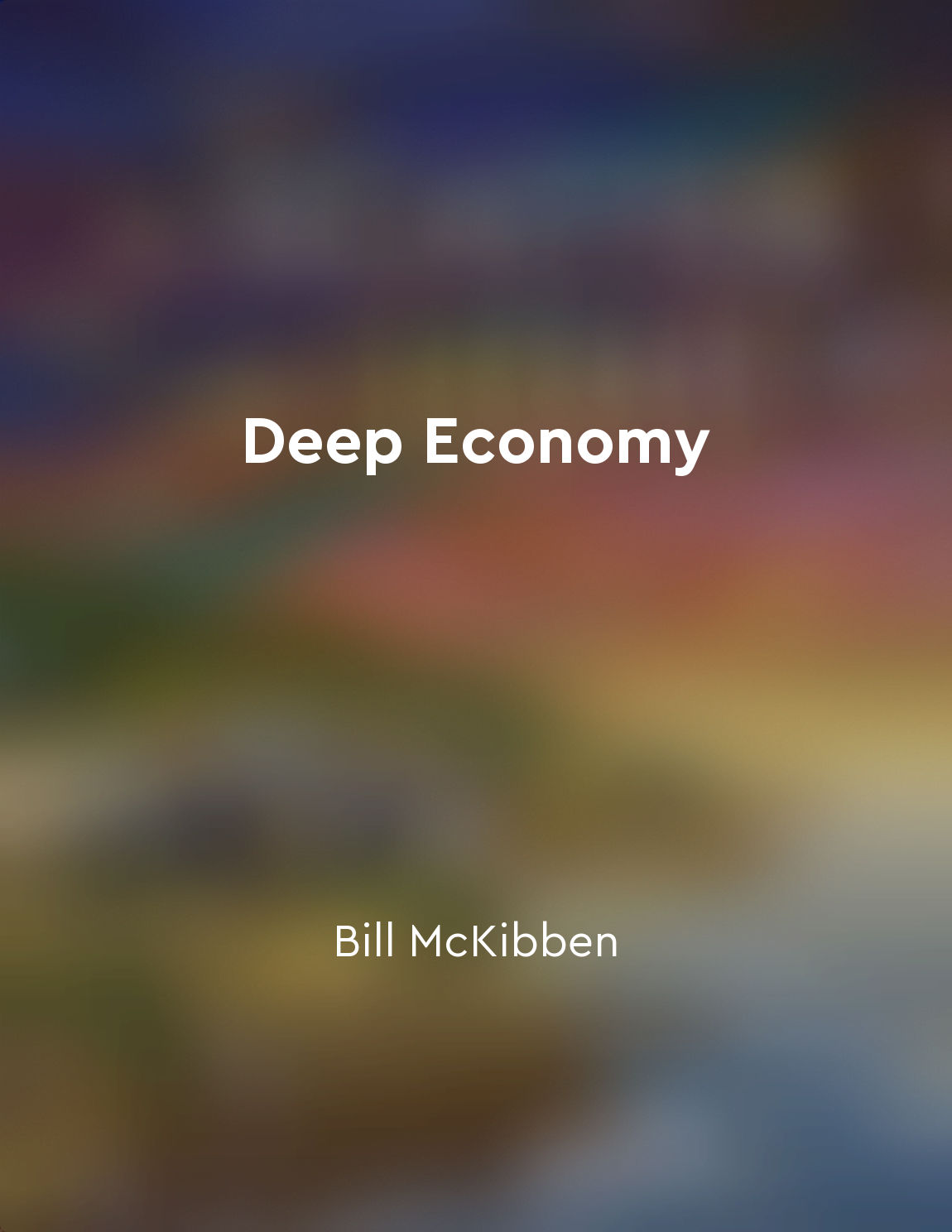Audio available in app
Capitalism has fueled economic growth but led to inequality from "summary" of Sapiens by Yuval Noah Harari
Capitalism, with its emphasis on private ownership and profit accumulation, has been a driving force behind economic growth throughout history. By incentivizing individuals to innovate and create wealth, capitalism has propelled societies into periods of unprecedented prosperity. The competitive nature of capitalism has spurred technological advancements, increased productivity, and expanded markets, leading to higher standards of living for many people. However, this relentless pursuit of profit has also resulted in significant levels of inequality within societies. As wealth becomes concentrated in the hands of a few individuals or corporations, disparities in income and opportunity widen, creating a divide between the haves and the have-nots. Those who are able to amass capital are able to further grow their wealth, while those without access to resources struggle to make ends meet. The unequal distribution of wealth and power that capitalism fosters can have far-reaching consequences for society as a whole. It can lead to social unrest, as marginalized groups may feel disenfranchised and excluded from the benefits of economic growth. This can create tensions between different segments of society, potentially leading to conflict or instability. Moreover, unchecked capitalism can also have negative effects on the environment, as the pursuit of profit often comes at the expense of natural resources and ecological sustainability. The drive for continuous growth and consumption can strain ecosystems and contribute to environmental degradation, threatening the long-term viability of the planet. In light of these consequences, many argue that capitalism must be tempered with regulations and social safety nets to mitigate its negative impacts. By implementing policies that promote greater equality and ensure that the benefits of economic growth are shared more equitably, societies can harness the power of capitalism while also addressing its inherent flaws. Only then can we hope to create a more just and sustainable world for all.Similar Posts
The Importance of Competition in Driving Innovation
Competition is a powerful force that drives innovation in the economy. It is through competition that businesses are incentiviz...
Democracy must be truly participatory
The idea that democracy must be truly participatory goes to the heart of the struggle for a more just and equitable world. It c...
Multinational corporations exploit resources and labor for profit
The primary function of multinational corporations is to generate profit for their shareholders. In pursuit of this goal, these...
Power dynamics affect disparities
The distribution of income is not a result of some impersonal forces, like the laws of economics. It is rather a reflection of ...
Technological progress can lead to job loss
Technological progress can lead to job loss. This may seem counterintuitive, as we often associate technology with creating new...
Economic growth at expense of social cohesion
The idea that economic growth might be achieved at the expense of social cohesion is a central concern in understanding the wor...

A focus on cultural and social capital is important
In our pursuit of economic growth and prosperity, we have often overlooked the significance of cultural and social capital. The...
Economic policy should be based on evidence, not ideology
In the world of economics, there is a prevailing belief that economic policy should be based on evidence rather than ideology. ...
People must educate themselves and advocate for social justice and equality
The task of educating oneself and advocating for social justice and equality is a crucial one in today's world. It is a task th...
Struggle for societal protection from market forces
The idea of safeguarding society from the unpredictable and destabilizing forces of the market is a central theme in Karl Polan...

